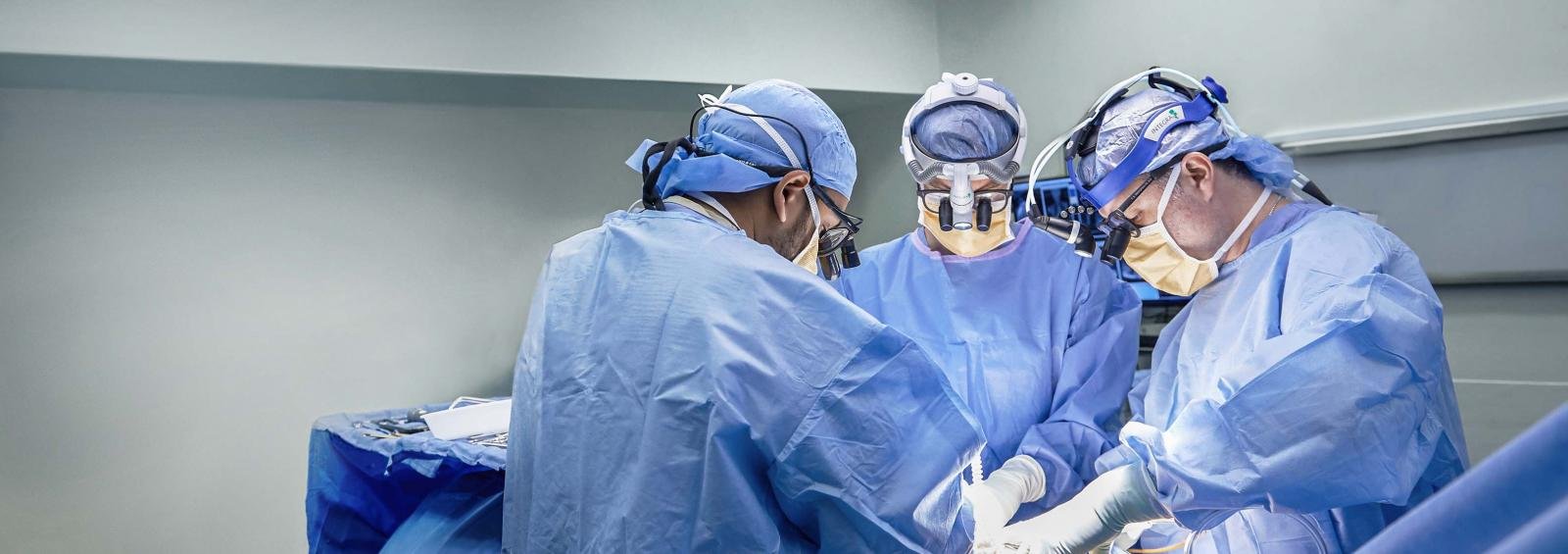Key Takeaways:
Orthopedic surgeons undergo several years of rigorous, concentrated training.
Gap years for research can prove to be useful.
Mentors are a treasure in getting through this demanding specialty.
Orthopedic surgeons are physicians specialized in the treatment of musculoskeletal injuries and diseases, surgery of bones, joints, and muscles. Becoming one, experts add, demands several years of concentrated education and training.
“Orthopedics is a fascinating field because it’s constantly evolving, from new biomaterials to advanced surgical techniques,” says Maveric Abella, a recent graduate of the University of Hawaii’s John A. Burns School of Medicine.
Raised in Hawaii, Abella would frequently assist her dad—a retired firefighter and craftsman—on handyman jobs around the island. On weekends, she and her brother would renovate homes, doing everything from repairing floors to windows. She describes this hands-on training as ultimately leading her into orthopedics, where she could use similar skills but differently.
“I could use the same tools and techniques, just on the human body,” Abella explains. “Orthopedics combines hands-on problem-solving with my passion for helping people—it’s the perfect fit.”
Experts say becoming an orthopedic surgeon takes about nine to ten years after earning a four-year bachelor’s degree.
“It’s a long cycle, from undergrad, medical school, residency, and usually a subspecialty fellowship,” says Dr. Geoffrey McCullen, an assistant teaching professor of the University of New England College of Osteopathic Medicine in Maine.
This consists of four years of medical school and five years of residency—beginning with a surgical internship followed by four years of orthopedic surgical training. Additional students also do an extra one-year fellowship in an orthopedic specialty.

The Road to Becoming an Orthopedic Surgeon
In spite of the rigorous training and education, McCullen explains that orthopedic surgery “is an in-demand, highly competitive specialty.” It’s one of the medical specialties with the highest pay, and the median salary is $378,250 in 2023 (U.S. Bureau of Labor Statistics). Employment of orthopedic surgeons is expected to increase by 2% by 2032.
Below is a step-by-step explanation of the process:
1. Earn a Four-Year Degree
Future orthopedic surgeons need to obtain a bachelor’s degree, usually in biology or chemistry, and additional pre-medical courses.
Gabe DeOliveira, a third-year med student at UNE College of Osteopathic Medicine, was intrigued with the human body and biology in high school. He eventually got his degree in biology before attending med school.
“When I found out orthopedics would allow me to use my hands to restore mobility and change lives, I knew it was the only path for me,” he says.
2. Apply to Medical School
Once a student is done with undergrad, he/she needs to take the MCAT and apply to medical school.
“Most of us, like myself, take at least a gap year to prepare for the MCAT and improve our application,” says Benjamin Mugg, who is also a third-year med student at UNE. “I used mine in vascular surgery.”
Medical school is two years of classroom time and two years of clinical rotations through various specialties. Mugg, who is now rotating in Syracuse, New York, will take a research year to enhance his residency application.
“Orthopedics is highly competitive, and research years are becoming more standard,” he observes.
3. Finish Residency Training
Matching into a residency program is critical.
“There isn’t a recipe for success,” says McCullen. But good grades, excellent grades on clinical rotations, glowing letter of recommendation, and high board exam scores all contribute.
Abella has just started her five-year Cedars-Sinai Medical Center residency in Los Angeles.
“I enjoy working with patients and learning new skills to enhance their care,” she says.
Students also need to pass all medical board and licensure exams. Although board certification (by the American Board of Orthopedic Surgery) isn’t always required, a state medical license is needed to practice.
4. Opt for a Fellowship (Optional but Not Unusual)
Following residency, most orthopedic surgeons go on to do fellowships in order to further specialize—like in sports medicine, spine surgery, or pediatrics.
“Subspecialty training can make you stand out when you’re looking for a job,” says McCullen. Fellowships are available in hand, shoulder, sports medicine, joint replacement, pediatric orthopedics, and many others. Abella’s going to seek fellowships after residency.
Mugg stresses getting a mentor right off the bat:
“This is a long journey—having someone guide you who’s done it before is incredibly important.”
5. Launch Your Career
Although the journey is lengthy, it has great job prospects.
“Orthopedics is challenging—busy clinics, ORs, emergency calls, tough cases,” says McCullen. “But the specialty is booming, with good job prospects in every region in academic, hospital, and private practice environments.”
“Abella doesn’t know where she’ll end up working after residency but wants to “assist underserved patients regain mobility and take back control of their lives.”

